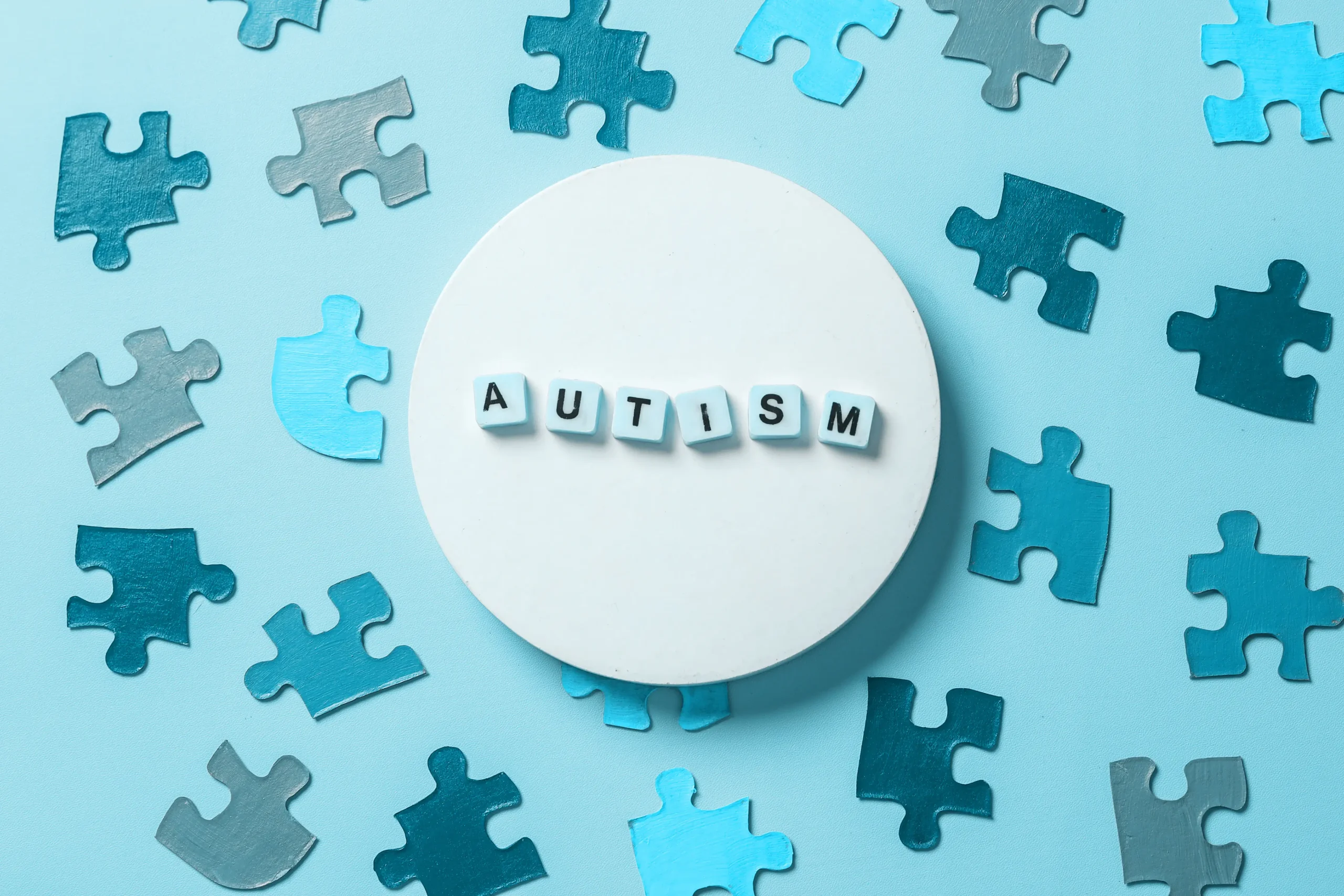The Mind-Body Connection and its Impact on Physical Health
The mind is a very powerful thing and can play a role in how some illnesses manifest in the body. As part of our focus on healthy lifestyle awareness, let’s look at some ways in which physical health and mental health are connected.
The body’s innate intelligence
While we know about the concepts of IQ and EQ which measure intellectual and emotional intelligence, many of us are not aware of the interconnected intelligence systems within our bodies, namely gut intelligence, heart intelligence and mind intelligence. New studies in science are showing that the brain is not the only source of communication within the body – the heart and the gut communicate with the brain as well and healing starts with understanding how these various elements work together.
Gut intelligence
The gastrointestinal tract is acutely responsive to what’s happening in your brain. For example, the very thought of eating can release the stomach’s juices before food gets there. Similarly, feelings like anger, anxiety or joy can trigger reactions in the gut, such as “butterflies in your stomach” or “gut-wrenching” experiences. You might feel nauseous before giving a presentation or have a tummy ache before an exam because of the anxiety you are feeling. These are familiar phenomena, but now we understand a great deal more about why feelings and physical reactions are interlinked.
This path of communication goes both ways, from brain to gut and from gut to brain. Did you know that the digestive system contains nerve cells that are an integral part of your entire nervous system? There are more than 100 million nerve cells lining your gastrointestinal tract from the oesophagus to rectum. Scientists are beginning to understand that there is a close relationship between digestive problems and states of mind and the existence of a “gut brain” is gaining recognition.
We now know that just as mental anxiety can cause digestive ailments (such as ulcers), the process can also occur in reverse. For instance, digestive ailments like irritable bowel syndrome (IBS) or bacterial infections in the bowel can profoundly affect your mental state, causing irritability, mood swings, lack of concentration or even severe depression. Thus, new practices in integrated medicine are introducing both psychological and physical treatment for gastrointestinal illnesses and all their related ailments.
Heart intelligence
Most people agree that certain feelings cause a physical sensation in the heart. We feel “heartsore” or “heartbroken” when we experience grief, while joy or excitement can cause our hearts to beat faster. The reason why the iconic heart shape is a universal symbol of love is that we feel those emotions in the heart area.
In fact, the discovery of the link between emotion and the heart’s rhythms was first published in the American Journal of Cardiology in 1995. We now know that the heart secretes hormones that send biochemical messages to the brain and that the brain in turn can send messages back to the heart. Which means, firstly, that what we feel influences the physical activity of the heart– think of how a stressful experience will cause your heart to start pounding. Secondly, we can consciously apply the mind to send calming messages back to the heart – for instance, 5 minutes of steady breathing can slow the heart rate down and help you to reduce the feelings of stress. Scientists are concluding that there is a continuous loop of communication between the heart, the brain and emotions.
At the HeartMath Institute researchers are studying the impact of “coherence” or energetic alignment between heart, mind and emotions. Director Dr Rollin McCraty says people in this state enjoy a high degree of mental and emotional stability. The Institute’s studies are showing that people who achieve calm, coherent heart activity experience lower stress levels, better health, improved mental performance and sustained positive emotional states.
Think about feeling angry or upset about something? Can you focus on your work or be productive at this time? While we know from experience that we can only solve problems or be creative when we are in a positive or calm state, science now also shows that this is because the brain processes information that the heart feels and this in turn affects other areas of our performance.
So if we want to perform well in all areas of our lives, we need to actively feel emotions such as compassion, gratitude and acceptance of others. Productivity and personal growth or even good health may not be possible when the heart and mind are governed by negative emotions.
Mind intelligence
Most of us associate intelligence with being “clever”. This could mean getting high marks, being good at solving problems, being able to complete difficult tasks, performing better than the next person, and so on. However, in the context of health and wellness, intelligence can be understood as the power of the brain to enable your body to function.
Every nano-second of our existence is governed by messages from the brain to the rest of the body. We are not even conscious of how the brain works all the time to keep us alive. If it weren’t for the brain, the heart would not beat, the lungs would not breathe, we would not be able to think, walk, eat, sleep, talk, cook a meal, hug a child, make a phone call or climb Mount Everest.
The brain also has the intelligence to get us to respond without thinking. One example is the physical response to stress. For instance, if you are chased by a lion, your brain perceives the danger and sends a chain of “fight or flight” messages to the body. Cortisol is released to divert all your energy to your muscles, adrenaline floods through your body, your heart rate goes up and you are instantly able to run for your life. Later, when you’ve escaped from danger, the brain will switch off your cortisol and adrenaline production and tell your lungs and your heartbeat to slow down. These are all intelligent actions that arise in the brain.
However, the brain is not intelligent enough to distinguish between different kinds of stress, such as between a dangerous lion and a nasty boss. What if there is no escape from the workplace and you have to deal with your boss every day? This can give rise to long term stress, in which your brain continues to instruct your body to remain in an adrenalised state. And when cortisol levels remain elevated and your blood pressure stays high (amongst other things) your cells can start to malfunction, and you get sick. So, we see that the remarkable intelligence of the brain does have certain shortcomings.
Another obstacle to optimum brain intelligence is the impact of the subconscious mind. We know that the greater part of how we think and respond is shaped by past life experiences, often going back to early childhood, even to experiences in the womb or at birth. These experiences become ingrained in the subconscious part of the brain and can substantially control our behaviour. Traumatic experiences at any age can have a devastating lifetime impact – think of post-traumatic stress disorder (PTSD) for example. Unfortunately, the subconscious mind is not smart enough to analyse or choose, it can only act on what it has learned; but it certainly has a formidable memory.
We therefore need to be aware of our brain intelligence and learn to leverage it to get the best outcomes for ourselves. We have already seen how gut intelligence can influence our state of mind, as can the emotions that are felt in the heart. We have also looked at how the brain controls the actions of the body and gained a glimpse of the complex connections between body, heart and brain. So how can this knowledge be used for better physical health?
Think of how lifestyle choices can result in ill health – such as too little exercise, an unhealthy diet, smoking, alcohol consumption, exposure to stress, living in a toxic environment, reckless behaviour, not enough sleep, poor work-life balance, unhealthy relationships, substance abuse; the list goes on. In most cases such circumstances can be corrected through intelligent thought.
It is rare to find an individual suffering from disease who has not made poor lifestyle choices, primarily due to stress, anxiety, negative thoughts or self-destructive behaviour. Cancer, diabetes, high blood pressure, heart disease, stroke, autoimmune diseases, kidney or liver ailments, headaches and migraines, knee pain, back pain, obesity, and much more – for any such illnesses, what conscious choices can you make and what mindset do you need to cultivate to help your body to heal?
What can we learn from this?
Having the ability to think about our actions and thereby influence our brain activity is what distinguishes the human species, and a great measure of our intelligence lies in how effectively we can use our brain power to deliver a positive outcome. If we analyse our own intelligence, we have to look at our thoughts and how these affect every decision, choice, response or physical action in our daily lives. And if we’re not happy with the consequences of those thoughts, then we can consciously change our minds in order to get the desired result.
This is particularly relevant for maintaining good health. While not all illnesses are linked to mental and emotional states, a significant proportion of disease today is influenced by how we live and think. Your doctor will be able to advise you on whether you need to make lifestyle changes and how your mental attitude can aid your recovery.
For more information please contact:
Dr E Manga
Integrated Medical Practitioner
Tel: +27 (0) 82 330 6915
Email: [email protected] or [email protected]
Website: www.drelamanga.com
The lenmed Group is a world-class chain of Private Hospitals that brings quality healthcare to communities across Southern Africa.
Disclaimer: Any information contained here is merely a guideline. Always visit your healthcare practitioner for any health-related advice or diagnosis.















